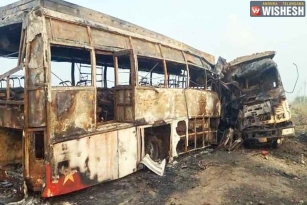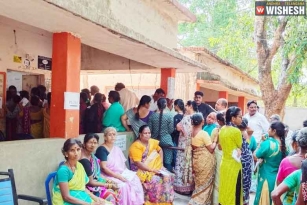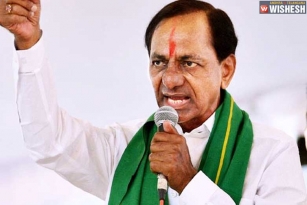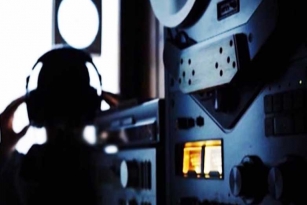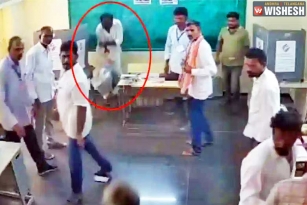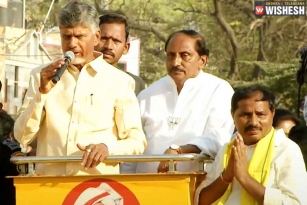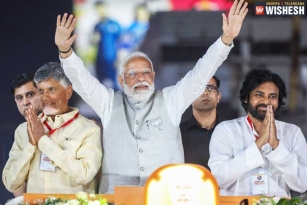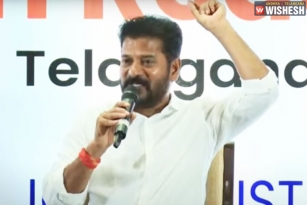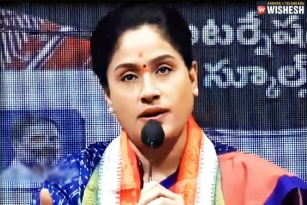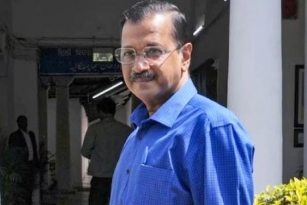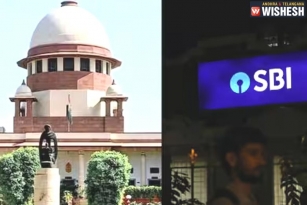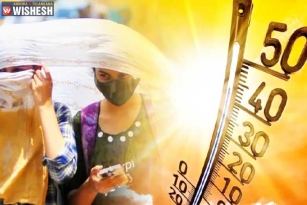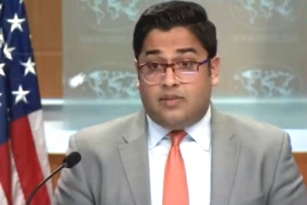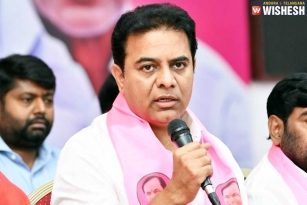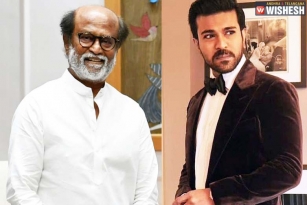"Entirely Internal Matter": India After UNSC Closed Door Meet on J&K
August 17, 2019 12:45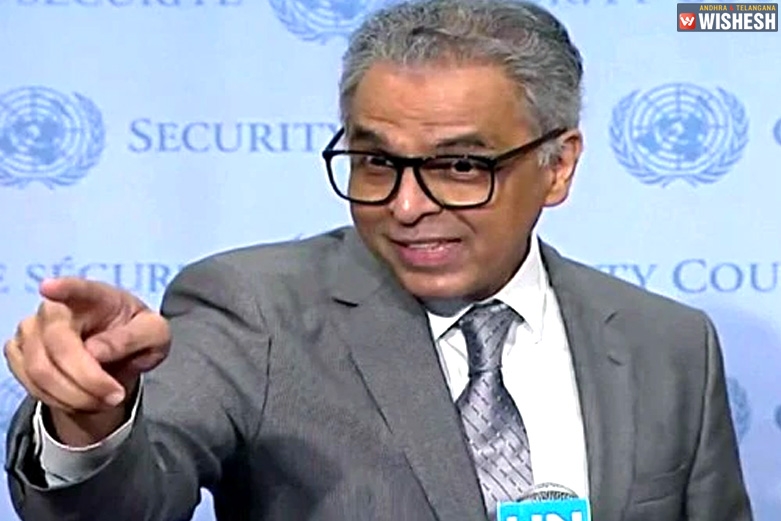
(Image source from: Livemint)
"Entirely Internal Matter": India After UNSC Closed Door Meet on J&K:- After the United Nations Security Councils’ rare closed door meeting on the Kashmir issue, the India’s Permanent Representative to the UN Syed Akbaruddin on Friday said the revoking of Article 370 that granted special status to Jammu and Kashmir was "entirely an internal matter" with "no external ramifications" and firmly told Pakistan that it has to stop terrorism to start talks.
He said India's position was and remains that matters accompanying Article 370 of the Indian Constitution are completely an internal matter of India and these have no external ramifications.
While China and Pakistan’s envoys left the place immediately after making their remarks and without taking any questions, Akbaruddin took questions from the reporters gathered at the UN Security Council stakeout.
Without naming Pakistan, he said there are some who are trying to project an "alarmist approach" to the situation in Kashmir, which is far from the ground realities. "Stop terror to start talks," he asserted.
Akbaruddin asserted that there are normal diplomatic ways when countries deal with each other.
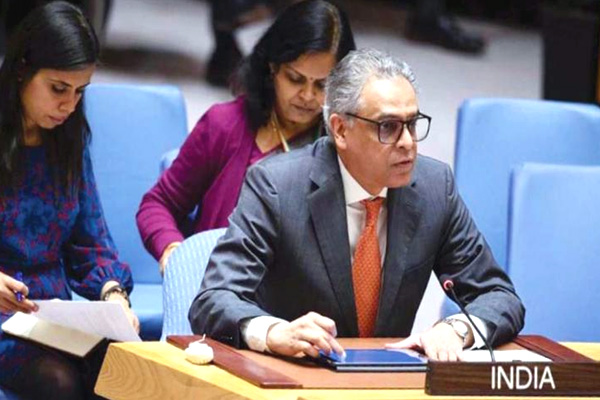 (Image Source: Deccan Chronicle)
(Image Source: Deccan Chronicle)
"That is the way to do it. But using terror to thrive and push your goals is not the way that normal states behave. No democracy will acknowledge or accept talks when terror thrives. Stop terror, start talks." He said that India's national position was and remains that matters related to Article 370 of the Indian Constitution are "entirely an internal matter of India. These have no external ramifications. The recent decisions taken by the Government of India and our legislative bodies are intended to ensure that good governance is promoted, socio-economic development is enhanced for our people in Jammu and Kashmir and Ladakh," he said, adding that authorities in Jammu and Kashmir have announced a whole set of measures that the government is undertaking to move towards normalcy.
"We are gratified that the Security Council in its closed consultations appreciated these efforts, acknowledged them," he said referring to the UNSC meeting that lasted over an hour. Diplomatic sources said the meeting ended with no outcome. On the measures taken by the Indian government following the revocation of Article 370, he said "Prevention is better than cure. The measures that we took were preventive in nature. They were designed to stop terrorists from bleeding our people. In the 10 days that have passed, there are no casualties, no fatalities."
On the Pakistani and Chinese envoys' remarks after the UNSC meeting, he said, "I'm a much more conventional diplomat. I do my job rather than add to the fire and fury of heightening tensions. For the first time after the end of Security Council consultations, we noted that two states who made national statements tried to pass them off as the will of the international community. National statements (trying) to masquerade as the will of the international community."
He said India is committed to gradually removing all restrictions in Kashmir. "Of particular concern is that one state is using the terminology of jihad and promoting violence in India, including by their leaders. Violence is no solution to the problems that all of us face," he said, taking a swipe at Pakistan.
"We are sad that terrorism is being fueled, language and incendiary talk of jihad are being mentioned by people who should know better," he said, adding that India stands ready to continue its efforts towards a peaceful resolution of all issues in an "atmosphere free of terror and violence."
When asked about human rights violations in Kashmir, Akbaruddin said: "if there are issues, they will be addressed by our courts. We don't need international busybodies to try and tell us how to run our lives. We are a billion plus people. We have a commitment to democracy unlike those who are now trying to speak to me, whose experience is extremely limited. We have vast experience, we will fulfill our goals."
(Video Source: The Sun)
Briefing the media earlier, Pakistan's ambassador to the United Nations, Maleeha Lodh said the very fact the UNSC meeting had taken place is "testimony to the fact that this is an internationally recognized dispute".
After the UNSC meeting, Chinese Ambassador to the UN Zhang Jun called on India and Pakistan to sort out their differences peacefully and "discard the zero-sum game mentality".
"We call upon relevant parties to exercise peace and not to take actions that will aggravate tensions," he said.
Voicing China's stand on India revoking the special status of Kashmir, he said: "the unilateral action by India has changed the status quo in Kashmir, which is an internationally recognized dispute."
Voicing Beijing's opposition to India forming a separate Union Territory of Ladakh after revocation of the Article 370 - special status of Kashmir, he said: "India's actions have also challenged China's sovereign interests and violated bilateral agreements in maintaining peace and stability in the border areas, and China is very much concerned."
"I want to emphasize that such unilateral practice by India is not valid in relation to China, and will not change China's exercise of sovereignty and effective administrative jurisdiction over the territory," he said.
India and Pakistan did not take part in the UNSC meeting, which was open only to the 10 non-permanent members and five permanent members. According to the United Nations records, the last time the UN Security Council talked about the Kashmir issue was in the year 1965.
By Sowmya Sangam


